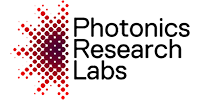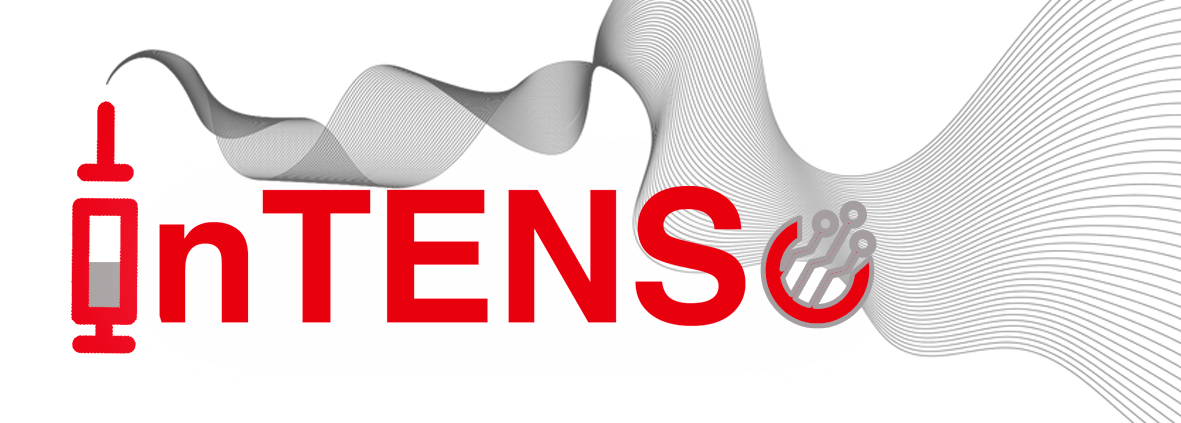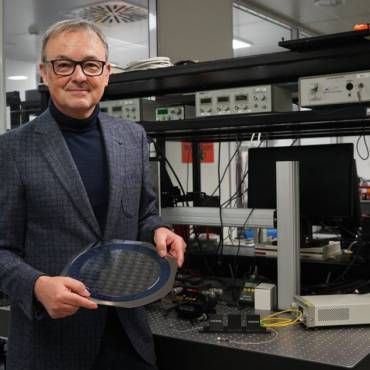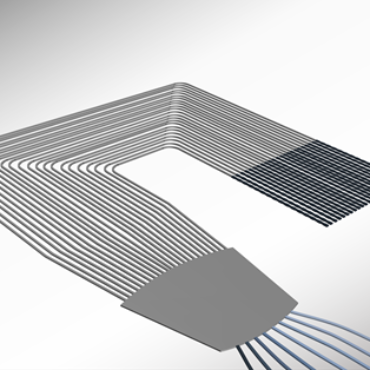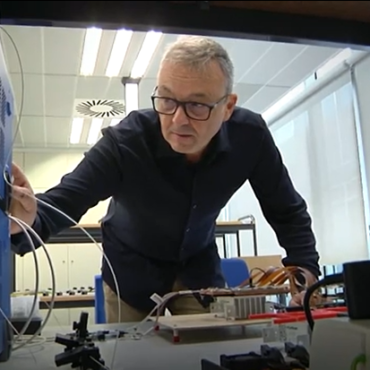InTEnSO is a new project formed by a multidisciplinary team of the Polytechnic University of Valencia (UPV), formed by members of the Institute of Chemical Technology (ITQ), which provide their knowledge on the synthesis of inorganic materials, and members of the Photonics Research Labs (PRL) group, belonging to the Institute of Telecommunications and Multimedia Applications (iTEAM), which provide their knowledge in the field of photonics and signal processing.
The InTEnSO project has been granted by the Valencian Innovation Agency (AVI) within the scope of its program “Valorization and transfer of research results to companies” (Grant INNVA1/2021/64).
Harsh operative conditions sensors
The main purpose of this project is to expand the measurement ability and industrial applicability of current fiber optic sensors. InTenSO project aims to develop an innovative coating that provides complete compatibility to work in extreme conditions. Such coating will ensure improved chemical and mechanical resistance and adequate flexibility to facilitate the implementation of the temperature sensors in harsh operative conditions processes where the accessibility is restricted. The final product will be able to safely work in explosive atmosphere and will be fully compatible with high level radiofrequency environment.
applicability of current fiber optic sensors. InTenSO project aims to develop an innovative coating that provides complete compatibility to work in extreme conditions. Such coating will ensure improved chemical and mechanical resistance and adequate flexibility to facilitate the implementation of the temperature sensors in harsh operative conditions processes where the accessibility is restricted. The final product will be able to safely work in explosive atmosphere and will be fully compatible with high level radiofrequency environment.
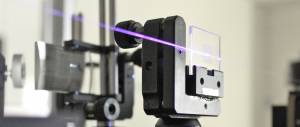 The use of fiber optic-based sensors that use light instead of electricity, and standard optical fiber instead of copper cable allows to measure temperatures with high quality/reliability in environments that operate in very extreme conditions.
The use of fiber optic-based sensors that use light instead of electricity, and standard optical fiber instead of copper cable allows to measure temperatures with high quality/reliability in environments that operate in very extreme conditions.
